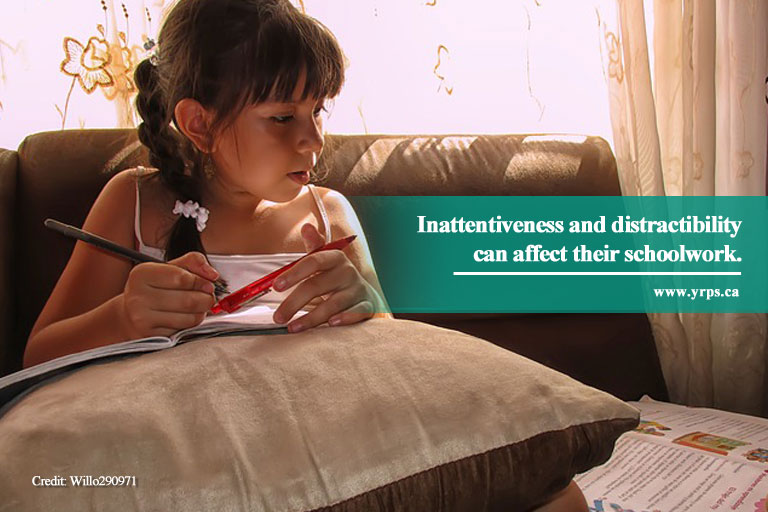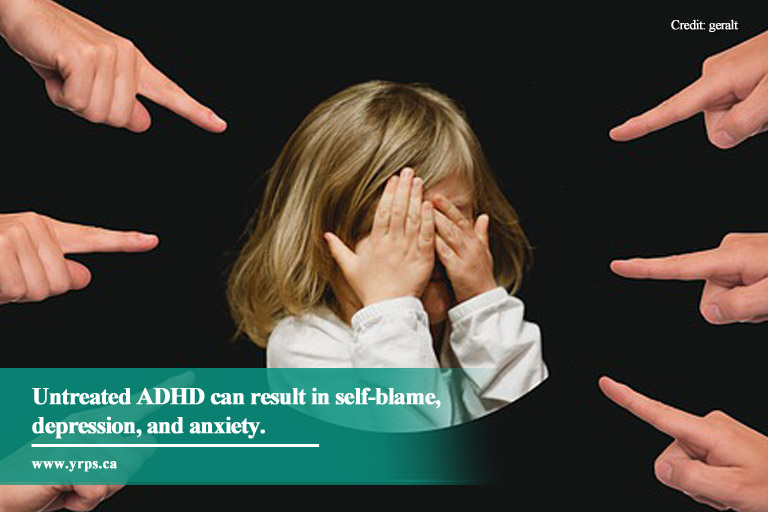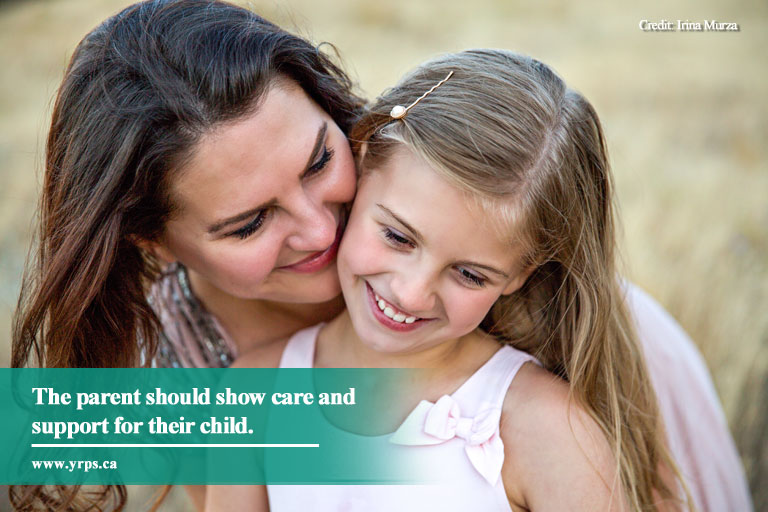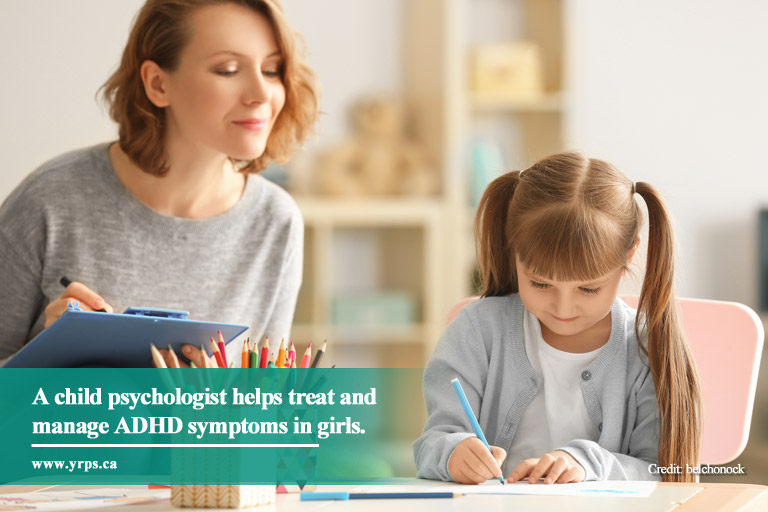Understanding ADHD In Girls
Attention deficit hyperactivity disorder (ADHD) is a form of mental condition that commonly affects children. It also affects teens and can continue into adulthood. Hyperactivity and impulsivity can significantly impact self-control, ability to focus, and other essential skills essential in daily life. If left untreated, ADHD symptoms could interfere with home, school, and social life. Understanding the challenges of raising a child with ADHD helps parents to be more compassionate with their child’s individual needs and give the child the best help possible.
How Girls With ADHD Are Different

ADHD affects both sexes. While it is more common in boys, ADHD in girls presents a different set of symptoms and challenges. When it comes to helping the child, parents need a unique approach to address these differences.
When you think about ADHD, you imagine a hyperactive child acting impulsively and having difficulty sitting still in class. Decades ago, ADHD was believed to be a phenomenon common in boys; since then, experts have found that girls are equally prone to this condition. However, ADHD in girls often presents differently, resulting in misdiagnoses and missed diagnoses.
ADHD in girls is sometimes referred to as a “hidden disorder,” and there is a good reason behind it. Girls are not typically as hyperactive as boys. The symptoms are less noticeable, which is why they often go unnoticed. They may have the same trouble focusing, but they do not attract attention in the way boys do.
Undiagnosed ADHD can potentially jeopardize their self-esteem and mental health. Boys tend to externalize their frustration, but girls with ADHD are more likely to blame themselves and turn their anger and frustration inwards. This makes them at risk of depression, anxiety, and eating disorders. Also, girls with ADHD are hypersensitive or overly emotional.
Early Signs And Symptoms

The reason why ADHD symptoms present differently in girls remains unknown. Since ADHD symptoms in girls are often overlooked, many people may consider them as immature behaviour. However, not all girls with ADHD display the following signs and symptoms. Having one or two of these symptoms does not necessarily mean the child has ADHD.
Typical indicators of ADHD in girls can include:
- Inattention – Girls with ADHD have difficulty maintaining focus. They tend to shift their focus from one activity to another. Their wandering minds prevent them from completing a task at home or school.
- Distractibility – Girls with ADHD are easily distracted by their thoughts and their surroundings. They have trouble paying attention and processing information.
- Daydreaming – Many girls with ADHD appear to be withdrawn and live in a world of their own. They tend to stare out the window and get lost in their thoughts.
- Poor Organization Skills – Organization and time management skills are often a challenge for girls with ADHD. Disorganization prevents them from planning ahead and meeting project deadlines. They are also more prone to make ‘careless’ mistakes by rushing to complete a task.
- Hypersensitivity – ADHD can make girls highly sensitive to their environment. They can easily get emotional and cry over insignificant things.
- Hyperactivity – In some cases, ADHD can make girls uneasy and fidgety. However, many do not exhibit this symptom, and can even be laid back or laconic in their movements.
- Impulsivity – While many girls with ADHD prefer sitting still and daydreaming, some of them experience intense emotions that prevent them from slowing down mentally, often causing them to blurt out words or acting before thinking.
- Talkative – Girls with ADHD can be overly talkative, but are frequently not as good at listening.
Over time, these behaviours can negatively impact their social skills, making it more difficult for them to make and keep friends.
How ADHD Impacts Quality of Life

Young girls with ADHD may find it challenging to function in their daily life. When things become difficult, these girls blame themselves and become frustrated with their situation. Eventually, bottled frustration can affect their mental health, personal growth, and schoolwork. Due to their inability to focus and concentrate, they often end up with poor academic performance. Untreated ADHD can also lead to low self-esteem, which prevents them from managing friendships. This can take a toll on their emotional health and overall wellbeing.
When ADHD is left untreated during the childhood stage, the symptoms can continue to manifest in adulthood, which can result in a ‘range of adjustment problems.’ Studies found that young women with ADHD are likely to attempt suicide and engage in self-harm. They are more likely to engage in high-risk sexual behaviours, and to develop alcohol or substance addictions. Women with undiagnosed ADHD may also be more prone to stress-related health conditions like fibromyalgia, a disorder characterized by fatigue and pain.
Without addressing these problems, it could affect various aspects of life, such as their career and relationships.
Reaching Out

If you suspect that your daughter has ADHD, take her to your trusted healthcare provider, even if teachers have not expressed concern. Since the child spends more time in school, her teachers are often the first to notice signs of poor self-esteem, disorganization, forgetfulness, and inattention, and recommend an evaluation.
Girls with ADHD can benefit from a psychological assessment. A professional counsellor will perform a special health examination and design a plan of action that suits your child’s needs. Although a pediatrician may be able to do an evaluation, a psychologist in Toronto has the proper knowledge and deeper understanding of your daughter’s condition. The evaluating clinician will look into your child’s medical and family history.
Seeing a specialist can help manage the symptoms of ADHD through effective interventions, including behaviour management techniques, counselling, organizational strategies and coaching, medication, and support.

We Can Help
York Region Psychological Services offers a variety of psychological assessment and treatment options including cognitive behaviour therapy, counselling, and child psychotherapy for young patients with ADHD in Mississauga, Toronto and the GTA, Oshawa, Brampton, Barrie, and St. Catharines.
Our team of licensed psychologists and counsellors will address all your specific concerns and help you to develop strategies that will help your girl manage her symptoms and improve the quality of her life. Our comprehensive psychological services in Toronto
Call York Region Psychological Services (YRPS) at (416) 602-3230 to book an appointment with our certified psychologists and counsellors in Toronto. You can also send us an email or fill out our contact form with your questions.
Let us be your partner in getting your child’s life back on track.





